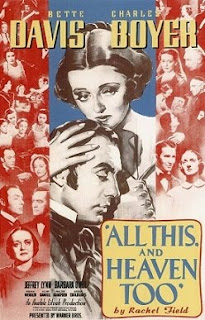1994 - Forrest Gump

One of the lesser known perks of being a SAG member is that I now have the opportunity to join the SAG Film Society (for a nominal fee, of course), which allows me to attend any of their four or five screenings per month that take place at the DGA Theater . Mostly, they are films that have just hit the cinemas, but occasionally there is a preview screening of an upcoming release. At the risk of sounding elitist, I have noticed something fascinating from the couple of events that I have attended so far. Somehow, these screenings are a much more pleasant affair than watching a movie with the general public. Perhaps it's because of the near capacity attendance, so the communal atmosphere exudes excitement. Perhaps it's because of the odd rule restricting any food or drink inside the theatre, so the distracting crackling sound of candy wrappers is absent. Perhaps it's because the industry audience are more respectful of the film-going experience, so there is nary a whisper dur...















